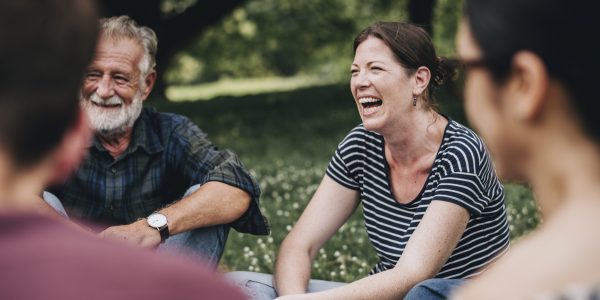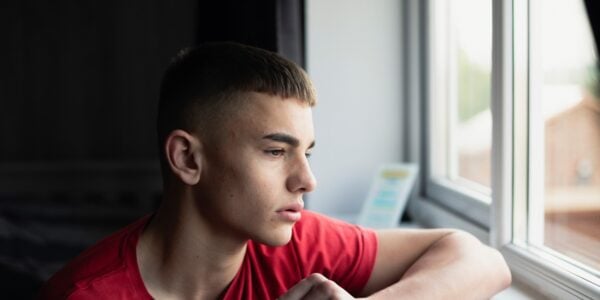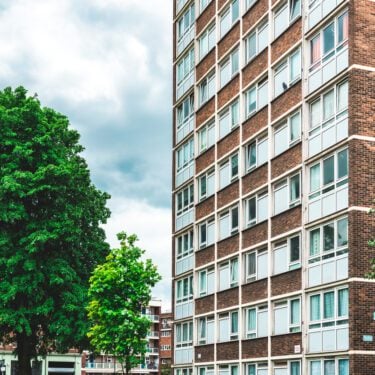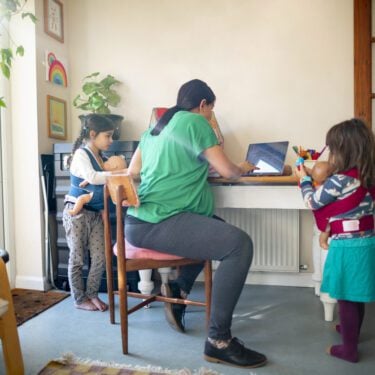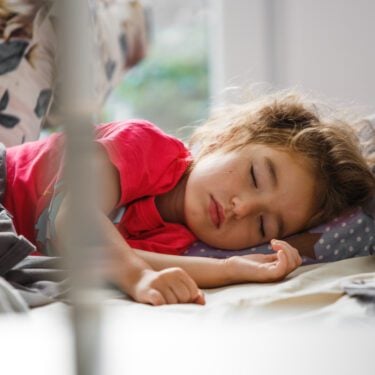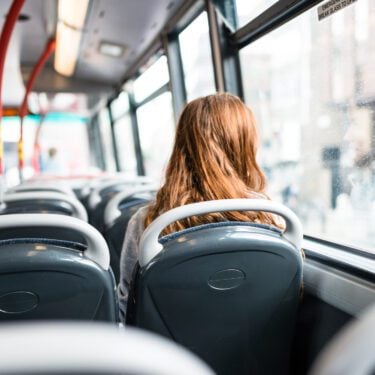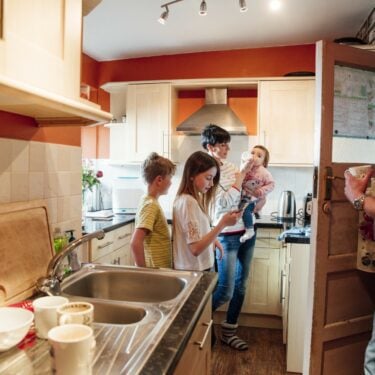Two fifths (40%) of people report exercising less in the current COVID-19 lockdown than in the first, with just 13% saying they exercise more, find UCL researchers as part of the Nuffield-funded COVID-19 Social Study.
Conversely, a fifth (19%) of people report watching television, streaming films and gaming, more than in the first lockdown, with 13% doing these activities less.
In addition a third (34%) say they are working more; in particular those aged 18 to 29 report spending more time working (45% vs 21% of adults over 60) and are compensating with less time watching television (28% of younger adults reporting a decrease vs 6% of older adults).
People are also engaging less with hobbies than they were in the first lockdown, with over a third (36%) reporting reduced involvement with arts and crafts and 30% saying they are less engaged with other hobbies, such as gardening and DIY. Conversely just 11% and 9% reported doing these activities more. Volunteering has also decreased, with 36% spending less time volunteering and just 13% increasing their volunteering during the current lockdown.
These behavioural differences to the first lockdown have occurred alongside worsening mental health. Happiness levels have decreased during the current lockdown, reaching lower levels than during April 2020. Respondents were asked to what extent they felt happy during the past week on a scale from 0 (not at all) to 10 (completely), with the average in the past week being 5.6, versus 5.8 in April.
Life satisfaction has also continued to deteriorate, with levels now comparable to those near the start of lockdown in Spring 2020. Respondents were asked to what extent they felt satisfied with their life during the past week on a scale from 0 (not at all) to 10 (completely), with the average in the past week being 5.7; the same as in April. Almost half (45%) of people are now worried about catching or becoming seriously ill from COVID-19; the highest level since the middle of the first lockdown back in April.
These changes in behaviours and mental health are reflected in people’s assessments of the differences in their lives between this lockdown and that of spring 2020. Just 25% of people report that their lives feel the same as during the first lockdown, despite the restrictions being similar. The remainder are finding their lives different, ranging from 42% finding things a little different to 15% finding things very or completely different.
Launched in the week before lockdown started, the ongoing UCL COVID-19 Social Study is funded by the Nuffield Foundation with additional support from Wellcome and UK Research and Innovation (UKRI). It is the UK’s largest study into how adults are feeling about the lockdown, government advice and overall well-being and mental health with over 70,000 participants who have been followed across the last 44 weeks.
Lead author, Dr Daisy Fancourt (UCL Epidemiology & Health Care) said: “It is not surprising that the current lockdown has seen fewer people exercising than the first, taking place as it does during the winter months, but this is still a cause for concern as exercise can boost not just physical, but also mental wellbeing.
“The reduction in time spent on hobbies and volunteering can partially be explained by the increased time spent working, but also hints that the novelty of increased free time that came with the first lockdown has worn thin among much of the population, with many turning towards television and gaming to fill their time.
“This is further reflected in the lower levels of happiness during the current lockdown, another sign that many people are finding this lockdown much tougher than the first and are now more focussed on coping with their current circumstances, rather than attempting to find ways to enjoy them.”
Despite these changes in behaviours and mental health, compliance with the rules has continued increasing since Christmas across the latest lockdown, and is now as high as it was at the end of the strict lockdown in the UK in May 2020. ‘Majority’ compliance is being reported by 97% of people – a continued improvement across all demographic groups – while ‘complete’ compliance is being reported by 60% of people.
This week’s findings highlight the mental health impact of the current COVID-19 lockdown with people reporting worsening levels of depression and anxiety, along with lower levels of life satisfaction. Some groups are more at risk than others including women, those on lower incomes and people from ethnic minority backgrounds. With lockdown set to continue for the foreseeable future, it is crucial that efforts are made to ensure people know how to access mental health support and that this support is available to those who need it.”Cheryl Lloyd, Education Programme Head at the Nuffield Foundation
COVID-MIND Network
The study team is also running the COVID-MINDS Network: an international network of over 130 longitudinal mental health from over 70 countries. Through the network, dozens of scientists and clinicians are coming together internationally to collate results from mental health studies running in countries around the world and compare findings. The initiative is supporting the launch of new mental health studies in other countries, to research whether actions taken in specific countries are helping to protect mental health.

